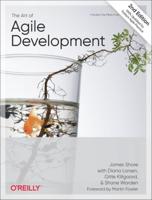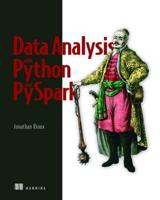Publisher's Synopsis
Engineering tasks are supposed to achieve defined goals under certain project constraints. Example goals of software engineering tasks include achieving a certain functionality together with some level of reliability or performance. Example constraints of software engineering tasks include budget and time limitations or experience limitations of the developers at hand. Planning of an engineering project requires the selection of techniques, methods and tools suited to achieve stated goals under given project constraints. This assumes sufficient knowledge regarding the process-product relationships (or effects) of candidate techniques, methods and tools. Planning of software projects suffers greatly from lack of knowledge regarding the process-product relationships of candidate techniques, methods and tools. Especially in the area of testing a project planner is confronted with an abundance of testing techniques, but very little knowledge regarding their effects under varying project conditions. This book offers a novel approach to addressing this problem: First, based on a comprehensive initial characterization scheme (see chapter 7) an overview of existing testing techniques and their effects under varying conditions is provided to guide the selection of testing approaches. Second, the optimisation of this knowledge base is suggested based on experience from experts, real projects and scientific experiments (chapters 8, 9, and 10). This book is of equal interest to practitioners, researchers and students. Practitioners interested in identifying ways to organize their company-specific knowledge about testing could start with the schema provided in this book, and optimise it further by applying similar strategies as offered in chapters 8 and 9.









